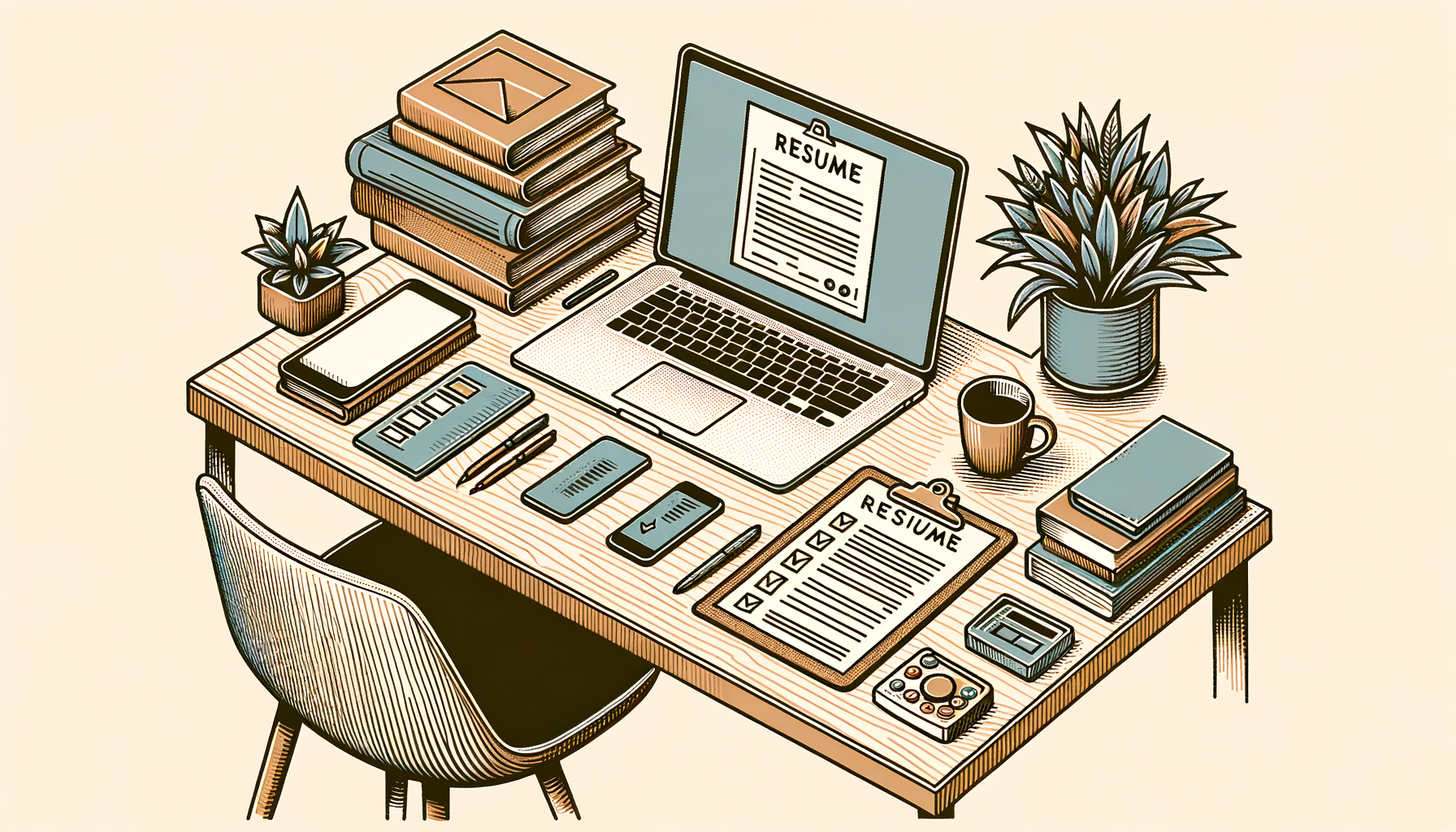When preparing for a job interview, one of the most common and often daunting questions you will face is, "So tell me about yourself." This seemingly simple prompt can set the tone for the entire interview, making it crucial to craft a response that is both engaging and professional. Understanding how to answer this question effectively can help you make a strong first impression, showcase your strengths, and steer the conversation in a direction that highlights your suitability for the role. In this guide, we will explore comprehensive strategies and practical tips to help you master your answer and boost your confidence during interviews.
Understanding How to Answer "So Tell Me About Yourself"
Answering "So tell me about yourself" is more than just reciting your resume or sharing personal anecdotes. It is an opportunity to present a concise narrative that connects your background, skills, and ambitions with the job you are applying for. This question serves as an icebreaker but also as a way for interviewers to gauge your communication skills, professionalism, and cultural fit.
To approach this question effectively, consider these key dimensions:
- Structuring your answer with a clear beginning, middle, and end
- Highlighting relevant professional experiences and achievements
- Demonstrating your enthusiasm for the role and company
- Balancing personal background with professional information
- Keeping your response concise, ideally between one to two minutes
How to Answer So Tell Me About Yourself - Step by Step
Mastering your response to "So tell me about yourself" involves a strategic approach. Follow these five steps to craft a compelling and memorable answer that resonates with interviewers.
Step 1: Start with a Strong Opening
Begin by briefly introducing your current professional status or most recent role. This sets the context and immediately informs the interviewer about your current career stage. For example, mention your job title, the company you work for, or your area of expertise.
Step 2: Summarize Your Relevant Experience
Next, provide a concise overview of your key professional experiences that relate directly to the job you’re applying for. Focus on accomplishments, skills, and responsibilities that demonstrate your qualifications and value.
Step 3: Highlight Your Skills and Strengths
Identify two or three core skills or strengths that align with the job description. Explain how these skills have helped you succeed in previous roles and how they will benefit the prospective employer.
Step 4: Connect Your Background to the Role
Make a clear connection between your experience and the position you want. Express your enthusiasm for the role and the company, showing that you have done your research and are genuinely interested.
Step 5: End with a Forward-Looking Statement
Conclude your answer by sharing your career goals or what you hope to achieve in this new role. This forward-looking statement demonstrates ambition and a proactive mindset, leaving a positive impression.
What You Need to Remember
While the step-by-step guide provides a solid framework, there are essential do’s and don’ts to keep in mind to ensure your answer is effective and professional.
Do’s
Always tailor your response to the specific job and company. Practice your answer to maintain a natural tone without sounding rehearsed. Keep your response concise and focused, ideally under two minutes. Use positive language and highlight achievements with quantifiable results when possible. Maintain good eye contact and confident body language during delivery.
Don’ts
Avoid sharing overly personal information or unrelated stories. Don’t recite your entire resume or list every job you’ve had. Steer clear of negative comments about previous employers or colleagues. Avoid sounding vague or unprepared, as this can undermine your credibility.
The Value of Following These Steps
By following this structured approach, you can increase your chances of making a memorable first impression. Candidates who prepare and deliver a well-crafted answer often report feeling more confident and engaging more effectively with interviewers. This can lead to longer interviews, deeper conversations about your fit for the role, and ultimately, a higher likelihood of receiving a job offer.
Frequently Asked Questions
What is the ideal length for answering "Tell me about yourself"?
The ideal response should be between one to two minutes. This length allows you to provide enough detail to be informative without losing the interviewer’s attention.
Should I include personal information in my answer?
It’s best to keep your answer professional. Briefly mentioning personal interests can be appropriate if they relate to the company culture or the role, but avoid going into too much detail.
How can I tailor my answer for different job interviews?
Research the company and job description thoroughly. Highlight experiences and skills that match the job requirements and align your career goals with the company’s mission and values.
What if I have little work experience?
Focus on your education, internships, volunteer work, and transferable skills. Emphasize your enthusiasm to learn and grow within the role and company.
How do I avoid sounding rehearsed?
Practice your answer enough to feel comfortable but avoid memorizing it word-for-word. Use bullet points or key ideas to guide your response, allowing for a natural and conversational tone.
Conclusion
Answering "So tell me about yourself" effectively is a critical skill for jobseekers aiming to make a strong impression in interviews. By following the step-by-step guide and remembering the key do’s and don’ts, you can craft a compelling narrative that highlights your strengths and aligns with the job you want. When you feel ready, start practicing your answer using the framework provided, and watch your confidence and interview success grow.






